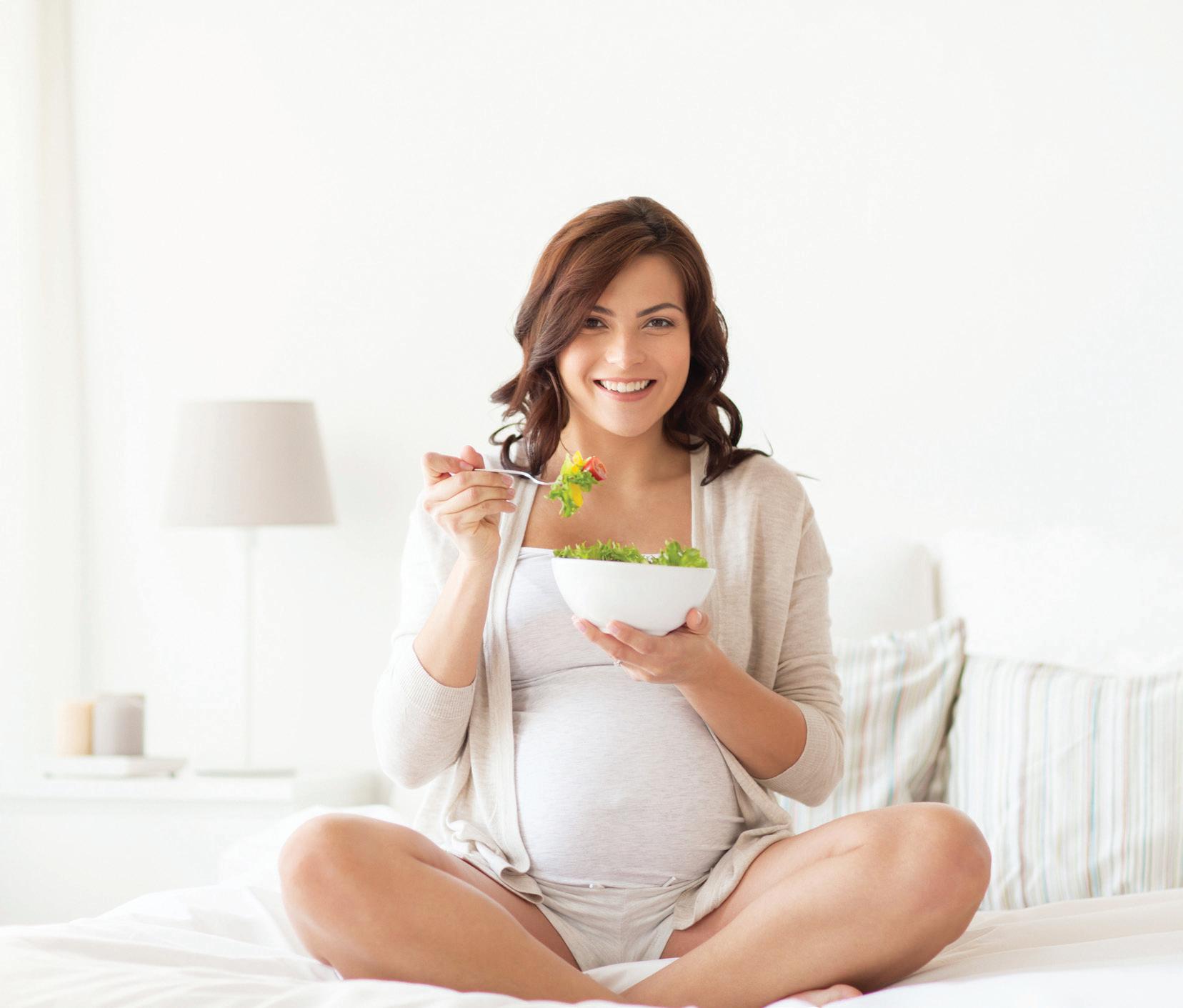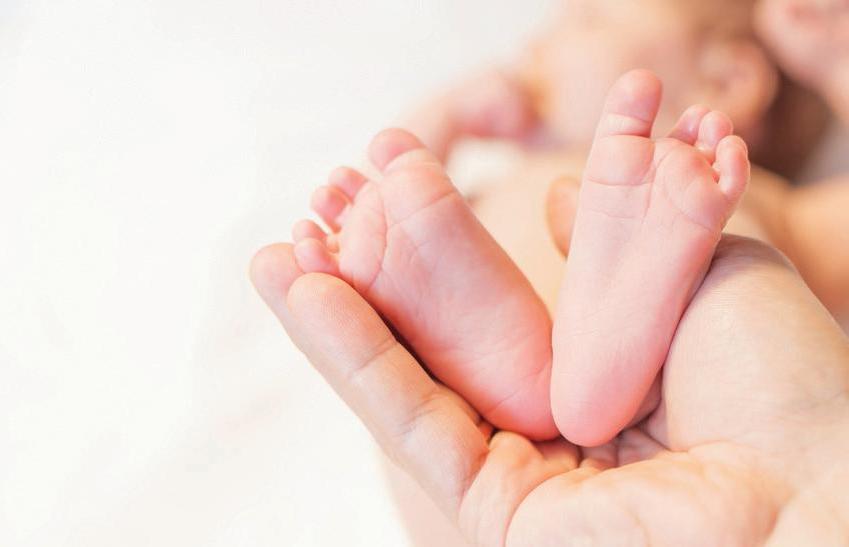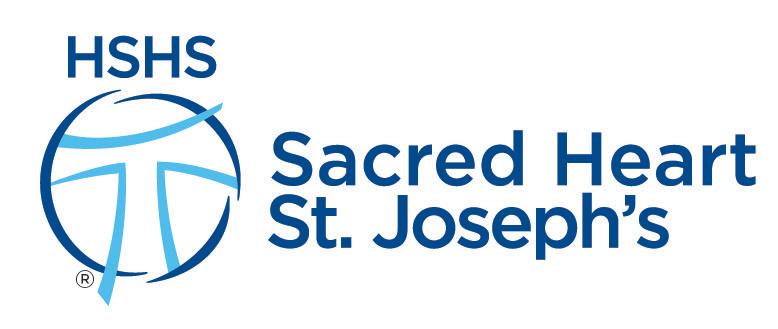
5 minute read
Seven Foods to Avoid while Pregnant and the Reasons Why
Pregnancy is a dichotomic journey of things you have to do and things you cannot do. Your doctor will recommend many items in each category. Of these, possibly the nearest and dearest to your heart (or more appropriately, your stomach), will be what you cannot eat. Below is a list of the most common foods doctors recommend limiting or avoiding during pregnancy, and the reasons why.
Alcohol
Advertisement
A minimal amount can be harmful to brain development, facial features, and overall growth of the embryo. Excessive amounts can led to fetal alcohol syndrome. It’s okay if you had a drink or two before discovering you’re pregnant, but it is important to stop as soon as you find out. Caffeine
The developing fetus cannot metabolize caffeine and this can cause increased heart rate. Also, there have been inconsistent findings linking caffeine consumption to miscarriage, and because of this, most doctors recommend no more than 12 ounces of coffee per day.
Deli Meat and Smoked Seafood
These foods can contain Listeria, which has been linked to miscarriage, stillbirth, and preterm labor. While Listeria is not very common, pregnant women are more susceptible to catching it. Babies born with listeriosis can have a variety of complications such as blood or brain infections, lifelong health problems, or intellectual disability.
Unpasteurized Soft Cheese
Another risk for containing Listeria. Read product labels here—if your favorite soft cheese says, “Made with pasteurized milk,” it’s still okay to eat!
Raw and Undercooked Foods
Again, these might contain Listeria. Additionally, raw and undercooked foods (such as sushi, rare beef, sunny side up eggs) might also contain salmonella. The only way to get rid of these harmful bacteria is to make sure your food is thoroughly cooked and heated through.
Fish with Mercury
Excessive mercury is harmful to the developing nervous system. While fish is essential to the pregnant woman’s diet (so many omega 3s!), you should specifically avoid king mackerel, tilefish, shark, swordfish, marlin and orange roughy. Tuna is a great way to get good nutrients—the best option is canned chunk light tuna, and you can have up to 8-12 ounces weekly.
Unwashed Vegetables
Can carry toxoplasmosis which causes serious eye or brain damage in a developing baby. This parasite, which comes from the soil, can be removed by thoroughly scrubbing those veggies. Please still eat veggies! They are a huge source of nutrients for you and your growing baby.
It might feel like an incredible challenge to go without your normal, or even daily, intake of some of the above. But play it safe until you are able to hold that sweet little baby in your arms at the end of this journey, and it will all have been worth it!
Source: Gorman, Rachael Moeller. “Why Experts Tell
You to Avoid...” Eat Well.
May 2020. 99.
New Maternity Programs Unveiled at HSHS Sacred Heart and St. Joseph’s Hospitals
HSHS Sacred Heart and St. Joseph’s hospitals recognize that each family has different needs, which is why HSHS hospitals in western Wisconsin have developed programs to support mother, baby and family not only before and during birth but also into the future. “Families who are interested in breastfeeding may struggle with low breast milk supply, they may be experiencing an illness or taking a medication that is hindering their ability to breastfeed, or they may have had a child through adoption or surrogacy,” Green said.
Maternity onto Motherhood offered
The Women and Infants Centers at HSHS St. Joseph’s Hospital and HSHS Sacred Heart Hospital launched a new Maternity onto Motherhood (MOM) program recently to help expecting moms and families navigate the changes that come with parenthood.
“Whether you’re a first-time parent or adding to your family, this program provides the support and resources you need close to home,” said Maria Green, Director of the Women and Infants Centers at HSHS St. Joseph’s and Sacred Heart hospitals. “Today’s journey to and through pregnancy and parenthood looks different, and we want expecting mothers and their partners to feel safe and connected to community resources.”
Throughout pregnancy and after baby is born, families have access to MOM coordinators for prenatal care coordination, planning for baby’s birth, car seat installation, lactation services and available community resources. MOM coordinators serve as a family’s go-to person to answer questions and help moms navigate personal health changes during pregnancy and after delivery.
For more information about the MOM program, visit www.stjoeschipfalls.org/mom, e-mail momprograminfo@ hshs.org or call 715-717-7666 (7MOM).
HSHS Sacred Heart Hospital is proud to open western Wisconsin’s first breast milk depot and dispensary in one convenient location in partnership with Mothers' Milk Bank of the Western Great Lakes. All breast milk provided by the dispensary is tested and pasteurized by Mothers’ Milk Bank of the Western Great Lakes in Illinois. Mothers’ Milk Bank adheres to rigorous safety protocols and guidelines from the Human Milk Banking Association of North America. Those wishing to donate breast milk are screened and blood tested for communicable diseases and activities that increase the risk of blood borne diseases, as well as the use of tobacco, alcohol and medications.
For more information, visit www.sacredhearteauclaire.org/milkbank.
New programs align with Baby-Friendly hospital designation
The new MOM program and milk dispensary align with HSHS Sacred Heart Hospital’s commitment as a nationally designated Baby-Friendly hospital. Launched by the World Health Organization and the United Nations Children’s Fund, the baby-friendly initiative gives special recognition to hospitals and birthing centers that offer the finest level of maternal hospital care for infant feeding and mother-baby bonding.
As the only Baby-Friendly hospital in the Chippewa Valley, HSHS Sacred Heart Hospital has gone through extensive training to create a team of highly skilled baby experts who provide families with the information, confidence and skills to successfully breastfeed or safely feed with formula; and best practices for mother-baby bonding, including skin-to-skin contact.
Learn more about this designation by watching a series of "baby friendly" videos at www.sacredhearteauclaire.org/ women.
Inside the Women and Infants Center at HSHS Sacred Heart Hospital, the depot and dispensary serves three purposes: to have pasteurized donor breast milk readily available to newborns hospitalized at HSHS Sacred Heart Hospital, to have pasteurized donor breast milk available to the public for purchase, and to serve as a site for women to safely donate breast milk.












